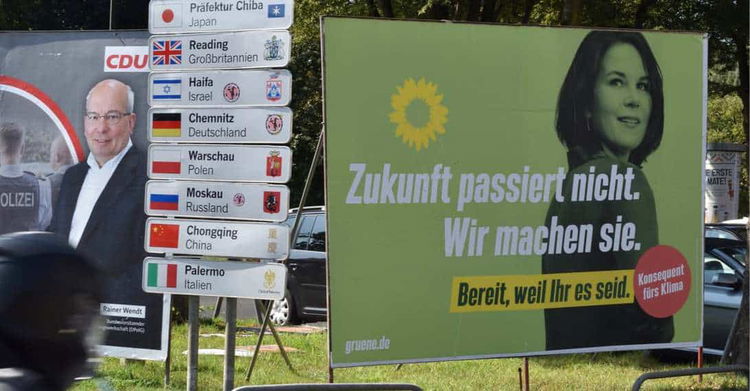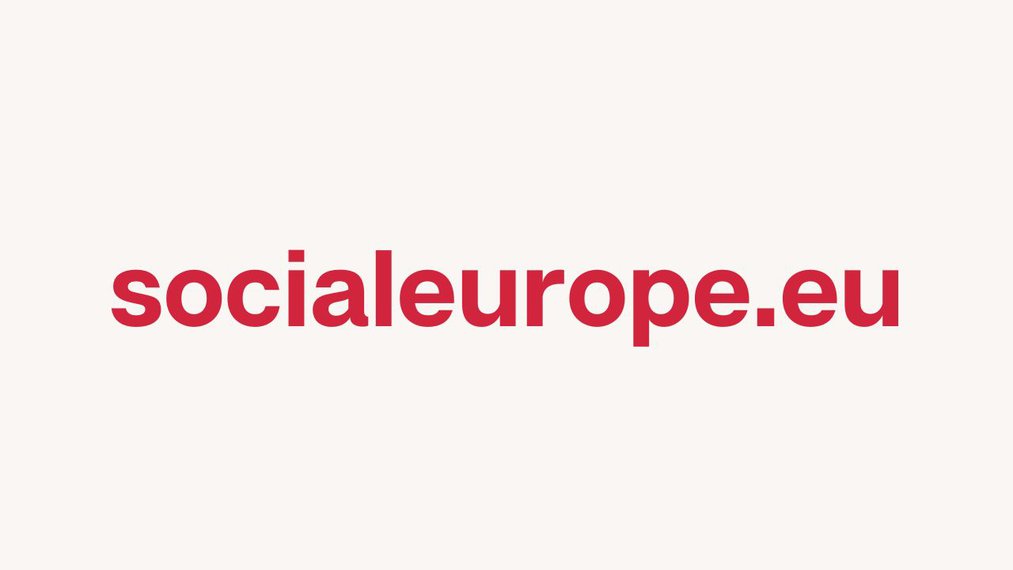
The farmers’ protests, the far right and the fallout
The EU must stop giving ground on its climate vows—unless it wants to help the far right ride to victory.

The EU must stop giving ground on its climate vows—unless it wants to help the far right ride to victory.

The EU’s controversial proposal to label nuclear energy ‘green’ could jeopardise the future of the German coalition.

Germany’s ‘traffic light’ coalition is sending strong green signals. But political roadblocks lie ahead.

Government leaders in Glasgow are still behind the climate curve but young activists might just drag the world ahead of it.

Angela Merkel was labelled the ‘climate chancellor’. But powerful coal and car industries limited her achievements. Will her successor break free?

The news that the Amazon rainforest is no longer a carbon sink puts a further big question-mark against the EU-Mercosur trade deal.

If consumers are not given the tools to go green, then their eco-awakening could doom the climate.